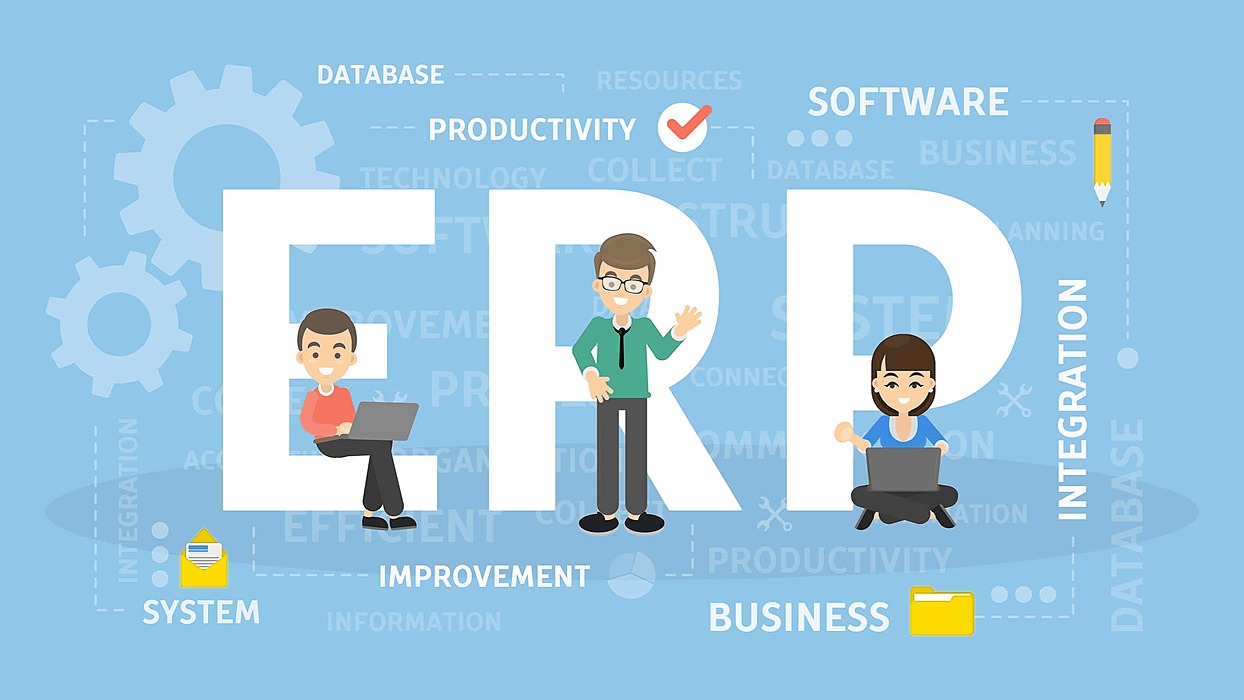Some time ago, companies were used to using different software for each purpose of the work processes. The billing program was flanked by that for warehouse management, customer relations and so on. Today technology and the market have radically changed with the advent of ERP software, that is complete and centralized platforms that allow you to manage all business processes through a single database. Today you can choose the best ERP (Enterprise Resource Planning) tools thanks to the professional appvizer comparison.
How an ERP software works
An ERP software consists of different modules, each dedicated to a specific functionality of the business management processes. Rather than having innumerable products, to be dedicated to individual activities, ERP modules can work in an integrated way to satisfy the following business areas:
- Commercial management
- Purchase management
- Production and logistics chain management
- Project management
- Customer relationship management
- Warehouse management
- Supply management
- Payroll and human resources management
- Accounting and financial management
In essence, an ERP management software centralizes all company information within a single database, ensuring maximum performance in terms of scalability and process management. When a data is recorded in an ERP software, it is automatically synchronized and distributed among the interested modules, without having to enter the information several times. Obviously, the ERP platforms will have to be configured and adapted in depth to the processes of the individual companies, through development and optimization processes. The criteria for choosing the best ERP software range from quantifying the effort, to integrate it within your company, to choosing the most suitable and useful graphic interface for your purpose.
Who needs ERP software?
ERP software is highly recommended and sought after by companies that sell tangible goods, due to its great ability to integrate the three main phases of the sale ( commercial , management and accounting).). An ERP is suitable for all SMEs, but especially for those who want a complete and functional ecosystem with a responsive dashboard, which can also be used by mobile devices, enhancement of data for marketing and significant savings in resources and time (the data will be entered once, for everything). Usually the limits for implementing such a system within a company can be represented by the costs or the technical complexity of implementing the project. However, every year between updates and new releases, ERPs are increasingly agile and allow for greater scalability, with a reduction in the initial economic investment to implement them in your company.
Some examples of ERP software
The main players in the ERP market are SAP, Oracle, Microsoft dynamics and PeopleSoft. Among the popular ERP software we mention SAP Business One, complete and suitable for small businesses that integrates modules for accounting, sales and purchases and Microsoft Dynamics NAV that allows you to administer and manage all the corporate functions of SMEs.
You may also like to read https://blogpod.co.uk/
Tags: ERP, ERP software, software




Leave a Reply